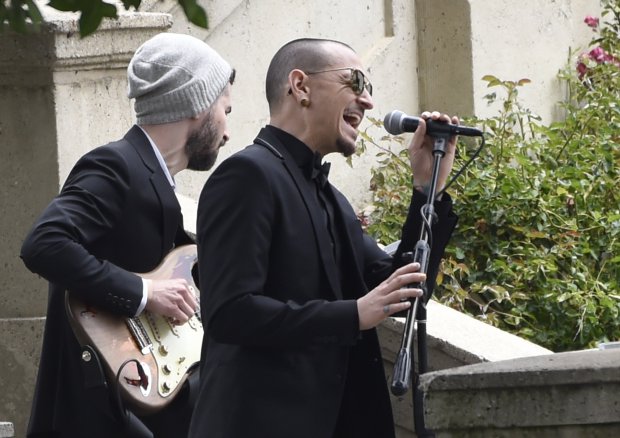
Many fans are shocked and heartbroken over the loss this week of Chester Bennington, the fierce lead singer for the rock band Linkin Park. Police say they are treating his death as a possible suicide, which would make the pain even harder to bear.There’s a famous saying, “When you have a hammer, everything looks like a nail.” That may be true. But in this case, as a clinical psychologist and researcher who specializes in trauma, I don’t think I’m overreaching in saying that his troubled past may have been a factor in his death. Chester Bennington had openly said he was a survivor of childhood sexual abuse that haunted him and, he said, contributed to his excessive use of drugs and alcohol. The singer is said to have struggled for years with alcohol and drug abuse, and has talked in the past about contemplating suicide as a result of being a victim of abuse as a child.
Free Yourself Global
It is imperative that children get the help and have the support that they need so that their trauma does not stay unpacked and continue to grow with them into adulthood, affecting their relationships and taking over their life. Our global domestic violence campaign “Free Yourself: Healing Families; Ending Domestic Violence” looks at all types of abuse as well as their root causes/ factors. We recognize the way childhood trauma can continue to affect relationships later in life and the importance of treating trauma at a young age in order to prevent a continuation of abuse. Specifically, this campaign explores the enculturation of violence through families over generations, and how does one, whether the abuser or the abused, interrupt the pattern of violence?
More importantly, this initiative hopes to bring together all of the voices of the participants of domestic violence, including recovering abusers, victims, children, educators, support agencies and health professionals, law enforcement agencies, politicians, celebrities and social entrepreneurs who work to aid in this cause. It is in this aim that “Free Yourself” inspires us. When all stakeholders come together in a grass roots forum, we strengthen our ability to understand, address, and end the cycle of domestic abuse.
To share your story with us today, send us a facebook message or submit your story anonymously via our website – FreeYourselfGlobal.com. For more information on how to become involved in this breakthrough campaign, email info@freeyourselfglobal.com
